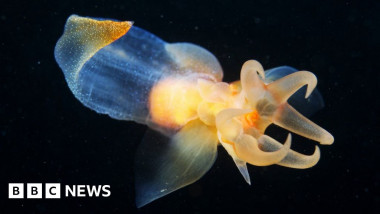Norway to approve controversial deep-sea mining
Norway is likely to become the first country in the world to move forward with the controversial practice of commercial-scale deep-sea mining.
The plan, up before a parliamentary vote on Tuesday, will accelerate the hunt for precious metals which are in high demand for green technologies.
Environmental scientists have warned it could be devastating for marine life.
